The Sea and Me
This post is greater than 6 months old - links may be broken or out of date. Proceed with caution!
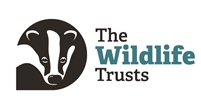
By Emma Lowe, Marine Conservation Intern
Making a Difference in Marine Conservation
Each year The Wildlife Trusts celebrate our marine environment during National Marine Week.
From the weird and wonderful microscopic plankton forming the backbone of marine food webs to cold water corals and mighty whales, almost half of the UK’s wildlife is found in our seas.
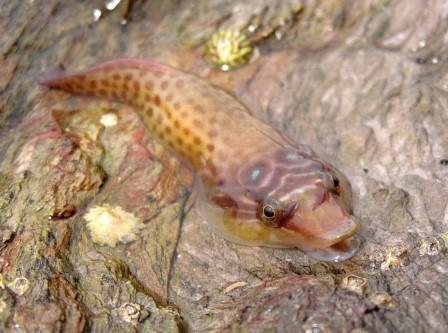
However, the UK’s seas are not the pristine environments we once thought them to be. Centuries of over-exploitation, development and expansion has led to human activities impacting even the deepest trenches of the oceans. As human populations and marine industries continue to grow, our seas need to be protected and managed to ensure that we do not lose valuable ecosystems.
The Wildlife Trusts are working to save our seas. Our vision is for Living Seas, where better protection and management of marine areas means that species which have declined can become common again.
Here at The Wildlife Trusts we follow the evidence to back up our campaigns, which includes training volunteers to become citizen scientists, harnessing the power and passion of the public to help collect data, while inspiring and educating participants via citizen science projects.
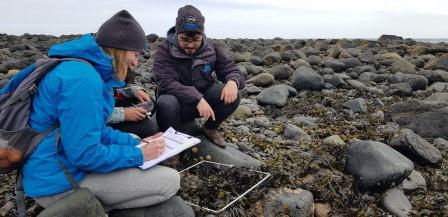
Many scientists and organisations face difficulties collecting enough data for marine conservation. Fieldwork can be time consuming and costly which often leads to only priority project areas being surveyed, creating gaps in knowledge; that’s where citizen science comes into its own.
Shoresearch is The Wildlife Trusts’ national citizen science programme surveying the intertidal shore, the exciting world of extremes where the sea meets the land.
There are four standardised Shoresearch surveys (biodiversity quadrat survey, box core survey, timed species search and walkover survey), that have been designed to collect valuable data from all our different shore types by volunteers of differing experience levels.
The data collected from Shoresearch feeds into national databases, helping create an up-to-date record of species and habitats around our coast. This information is used to designate and monitor Marine Protected Areas, contribute to scientific research, assess planning applications, and even monitor long-term changes in the marine environment, such as the effects of pollution, climate change and invasive species! To ensure the data achieves its greatest potential, all Shoresearch data is available under a Creative Commons licence with attribution (CC-BY).
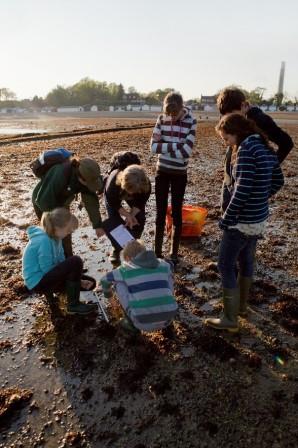
As well as collecting important data, Shoresearch surveys help us connect with local communities and raise awareness of the marine environment. The surveys have been designed to offer options for all ability levels from complete beginner to expert, making marine conservation accessible to all. Engaging with local communities in marine conservation efforts can also help ensure compliance if marine protection restrictions are implemented.
Shoresearch is also beneficial for volunteers’ mental and physical health, providing opportunities to get outside to meet with likeminded people and connect with nature. Connecting to nature improves wellbeing, with some studies finding that spending just 2 hours in nature can have positive impacts on health and wellbeing. As we emerge from the COVID-19 pandemic, which has seen an increase in loneliness, opportunities such as Shoresearch can be used as an essential tool for helping communities recover from the impacts of the pandemic. Indeed, GPs and healthcare professionals are starting to prescribe ‘blue prescriptions’ (getting outside in the marine environment with others) for people suffering from a range of mental health illnesses, such as loneliness, depression and anxiety.
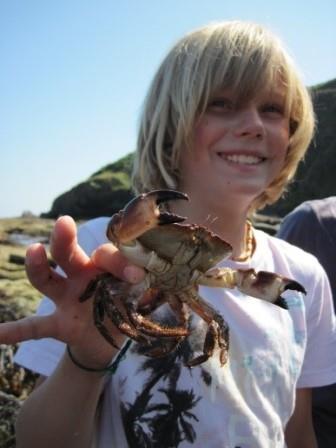
Conservation jobs can be highly competitive with experience often required to secure paid work in the sector. Volunteering to take part in local citizen science projects can offer valuable experience, and enhance a CV. Shoresearch, as a free, flexible programme, has trained many young people and graduates, transferring skills in fieldwork, data collection and the identification of marine habitats and species from experienced professionals to the future experts and the next generation. These skills and experiences can help volunteers retrain and find a job in conservation.

Shoresearch and citizen science projects are an important part of marine conservation allowing more data to be collected from a larger area. Without our volunteers, we would have huge gaps in knowledge, slowing down progress. The surveys provide opportunities for people from the local area to get involved in the marine conservation work, helping to spread awareness.
Why not join us? In celebration of our seas, between 24th July to 8th August, during National Marine Week. This is the perfect time to come along to a Shoresearch event with Wildlife Trusts across the UK! Contact your local Wildlife Trust
to get involved.
Updated information October 2023:
To find out the dates of The Wildlife Trusts’ National Marine Week each year, please check our website: National Marine Week | The Wildlife Trusts
More from The Wildlife Trusts